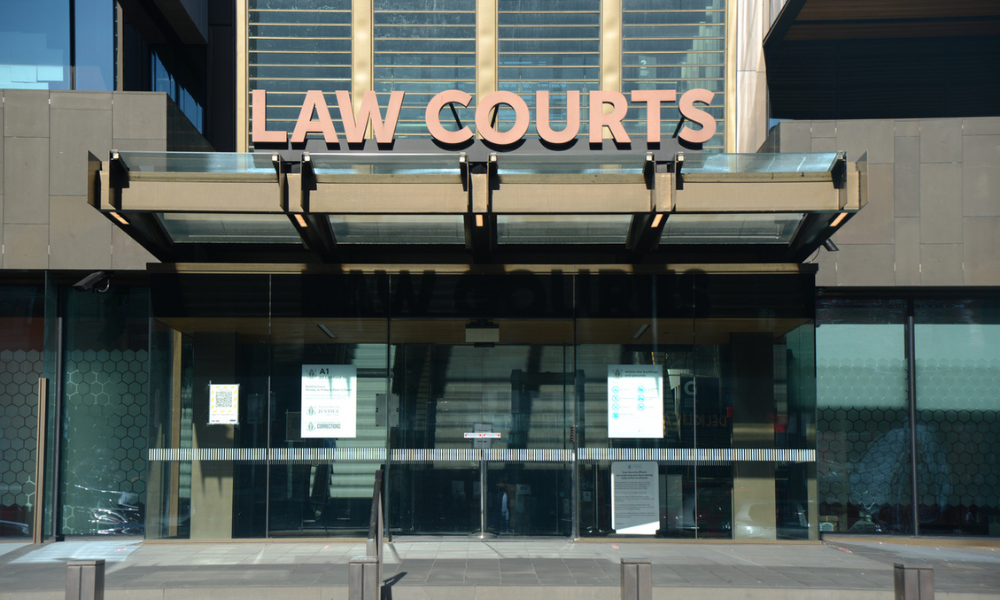
The plaintiffs sought to have a loan agreement, guarantee, and mortgage be declared unenforceable

The High Court has dismissed an application to consolidate proceedings and vacate a scheduled trial in a dispute involving an Auckland property development.
The dispute in Han v Xue [2024] NZHC 64 involved the plaintiffs seeking declaratory relief under the Declaratory Judgments Act 1908 to declare a loan agreement, guarantee, and mortgage unenforceable. These agreements were executed in 2018 amidst financial difficulties facing a 13-terraced house development project at 4A and 10 Abbotts Way, Remuera, potentially leading to a mortgagee sale.
The first plaintiff, Wenning Han, and the second plaintiff, Yunyue Zhu, Han’s mother-in-law, challenged the enforceability of financial agreements with the defendant, Jining Xue, counterclaiming for payment. The proceedings raised questions about the legality and fairness of transactions surrounding the development project, with allegations of deceit, breach of fiduciary duties, and knowing assistance against four new defendants in a related case also filed in the Auckland High Court.
The centre of the dispute traces back to 2016 and 2017, when significant sums were invested in the development under the belief it would proceed without a mortgage. However, allegations emerged that, unknown to the plaintiffs, a mortgage was registered against the property, placing the development at risk. The plaintiffs alleged actions taken in response to this situation were under duress, leading to the signing of financial agreements they sought to have declared unenforceable.
In dismissing the application for consolidation and the request to vacate the trial, the High Court considered various factors, including the relevance of common questions of law or fact between the two proceedings, the timing and stage of each case, and the potential for judicial efficiency versus the risk of prejudicing the parties involved.
The court underscored the importance of proceeding with the trial as planned, emphasising the rights of the parties to test the evidence and arguments within the structured framework of the scheduled trial.